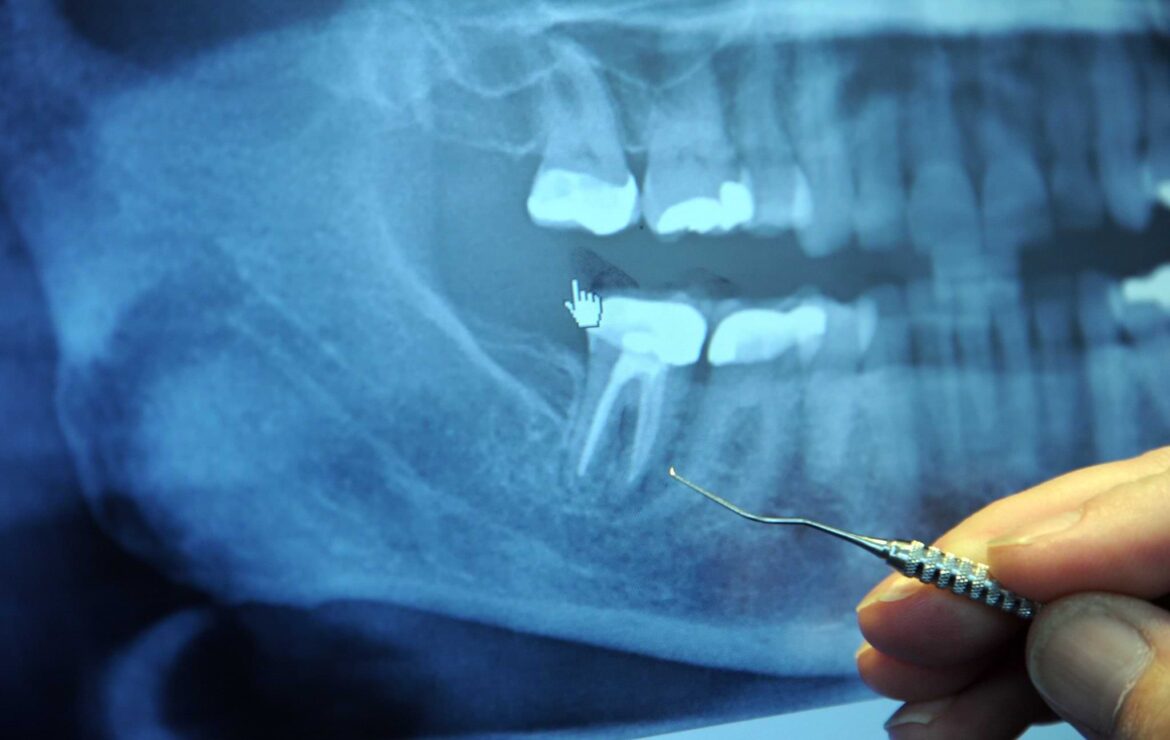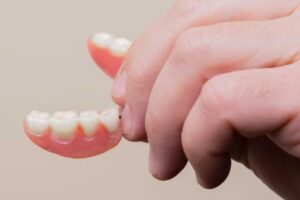What Is The Difference Between Root Canal Treatment and Tooth Extraction?

What Is The Difference Between Root Canal Treatment and Tooth Extraction?
Although the terms “root canal” and “tooth extraction” are used a lot in modern dentistry, many people are never told exactly what each procedure involves. This can make the prospect of getting these procedures incredibly nerve-wracking and stressful. At Langmore Dental, we want our clients to feel informed and comfortable when they undergo unfamiliar surgeries. For this reason, we have outlined the differences between a root canal and an extraction.
What is a Root Canal?
If you develop a deep cavity in your tooth or crack in your tooth, bacteria will begin to gather in the connective tissue called “pulp” at your tooth’s centre. This can lead to painful infection and will need to be resolved with extraction or root canal treatment. If the situation is addressed early and the tooth’s condition isn’t too bad, the dentist’s recommended treatment will be a root canal.
During a root canal, the infected pulp of the tooth is removed and the chambers or “canals” are completely cleaned and disinfected. The canals are then refilled with a filling that acts as pulp. The process of getting a root canal is painless, as the affected area is numbed before a small hole is made to access the pulp. Once the area is healed, the tooth is permanently sealed and a filling is added. There will be some pain after the procedure, but this should go away with help from standard painkillers.
How Do I Know If I Need Root Canal Treatment?
Extreme tooth pain is the biggest indicator that you might need a root canal. If you are experiencing pain while chewing, biting, or consuming hot or cold foods, you might require treatment. Lingering pain that spreads to other areas of your head or makes it difficult to sleep is cause for concern also.
What Are the Advantages of a Root Canal?
Root canal treatment is generally preferred over a tooth extraction because it allows patients to keep their natural teeth and maintain their natural smiles. It is also a simple procedure that is almost always successful and results in only minor post-surgery pain.
How Long Does a Root Canal Last?
Completing a root canal can take several sessions, depending on the severity of the case. At Langmore Dental, we recommend that the tooth is crowned within three months of the root canal’s completion so as to prevent breakage. If this is done, the root canal treated tooth can last many years
What is a Tooth Extraction?
If your tooth is too damaged to withstand a root canal, you will have to undergo extraction surgery. We offer two types of tooth extraction at Langmore Dental: simple extraction and surgical extraction.
Simple extraction:
- Occurs when the compromised tooth sits above the gum line.
- A local anaesthetic is applied and the tooth is removed.
Surgical extraction:
- Occurs when simple extraction isn’t possible.
- The area is numbed to minimise pain.
- The tooth is carefully loosened and pulled out of its socket.
Once the tooth extraction process is complete, patients are asked to bite down on a cotton swab that sits over the site of extraction. This will stop any bleeding.
Tooth removal might be necessary if your mouth is overcrowded. An overcrowded mouth means that some teeth overlap, making it difficult to sufficiently clean every tooth. People who undergo braces can also require extraction if they need to make extra room for their shifting teeth. In the case of patients awaiting surgery or an organ transplant, tooth extraction might be conducted to ensure the long-term health of their mouth. This is because major surgery can make a person susceptible to oral infection.
Other reasons for tooth extraction include:
- Gum disease
- Cosmetic dentistry
- Wisdom teeth
Book an Appointment
How Long Does a Tooth Extraction Take to Heal?
Facial swelling and bleeding will immediately follow an extraction, but cotton balls and an ice pack will make this manageable. When it comes to long-term healing, the length of this period will vary from case to case. You can usually expect the area to heal completely in 7–10 days.
Book an Appointment
What Should I Eat After a Tooth Extraction?
Following your tooth extraction, you should eat food that is soft and easy to chew. Over time, you can slowly integrate harder foods back into your diet. Alcohol and tobacco should not be consumed during the healing process.
What Are the Advantages of a Tooth Extraction?
Tooth extraction is beneficial because it completely eradicates the infection and bacteria in the area.
If you’re concerned about your dental health, don’t delay. Contact Langmore Dental today for dental treatment you can trust!








